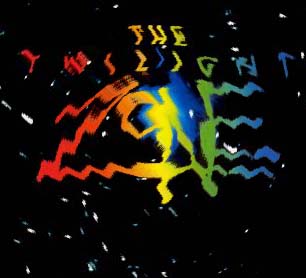 |
||||||||||||||||||||||||||||||||||||
|---|---|---|---|---|---|---|---|---|---|---|---|---|---|---|---|---|---|---|---|---|---|---|---|---|---|---|---|---|---|---|---|---|---|---|---|---|
| Story by Robert Silverberg | ||||||||||||||||||||||||||||||||||||
| Teleplay by Steven Barnes | ||||||||||||||||||||||||||||||||||||
| Directed by Noel Black | ||||||||||||||||||||||||||||||||||||
| Original Airdate - January 31, 1986 | ||||||||||||||||||||||||||||||||||||
|
||||||||||||||||||||||||||||||||||||
| Story: | ||||||||||||||||||||||||||||||||||||
|
||||||||||||||||||||||||||||||||||||
In this new Twilight Zone hour, we see three views of a dystopian world gone mad. First we had "The Elevator," a story built on one man's quest to feed the world, which ended disastrously because he didn't think his idea completely through to its ironic end, and lastly we had "Tooth or Consequences," the view from the other side of the dentist's chair, where instead of being hated and reviled, a dentist is loved, almost to death. The middle segment, "To See the Invisible Man," outshines the other two and takes us to an Orwellian parallel universe where Big Brother is everywhere, watching each individual's interactions with their companions at every moment of the day or night. Based on a short story by Robert Silverberg, and adapted for the new Twilight Zone by Steven Barnes, this is a superior entry for the series. It had tackled many different topics, but human repression by an unseen presence is essential to scifi and the story itself is well-told and chilling. Silverberg is one of the big names in writing, and science fiction in particular. He has a long and varied bibliography, from history to biographies. I've always enjoyed his writing, and this episode spotlights his outstanding genius in the bigger scope of an idea. Cotter Smith is impressive in the role of a man who took too many things for granted in his life, and treated his fellow human beings with little respect. He runs the gamut of emotions from arrogant to pathetic, from aggressive to submissive, and chauvinistic to sympathetic. It's a bleak segment, but his performance does warm it a bit. The scene with the blind man is especially well done. Just that one word being whispered is the signal theme for the entire teleplay. |
||||||||||||||||||||||||||||||||||||


